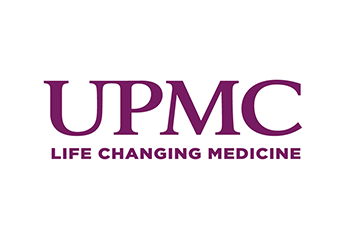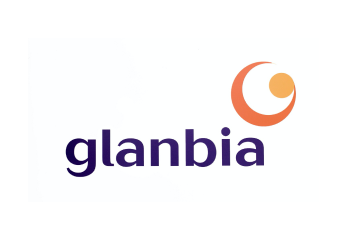Research/Clinical Trial Update April 2020: Atezolizumab and the IMpassion130 Trial
Synopsised by Dr. Ann Hopkins
Atezolizumab is quite a new drug which belongs to a growing family of medicines called “cancer immunotherapies” – drugs that help a patient’s own immune system kick in and kill tumour cells. Any drug name that ends in “mab” stands for monoclonal antibody. Monoclonal antibodies are not chemical drugs synthesised in a lab…instead they are what scientists call “biological drugs” (or biologics). A biologic is usually modelled upon some kind of a process which happens naturally within the body. With monoclonal antibodies, scientists are copying the natural ability of the body’s immune system to make antibodies that attack germs. Instead of attacking germs, however, Atezolizumab is an antibody which has been created by drug companies to attack cancer cells that have a particular protein called PD-L1 on their surfaces.
So, is this PD-L1 protein found on all breast cancers, and can my doctor give me Atezolizumab instead of chemotherapy drugs that will make my hair fall out? Unfortunately the answer is not so simple, for a few reasons. Firstly, PD-L1 is not found on all breast cancers. Secondly, cancer doctors still need to test how best to use Atezolizumab in different types of patients. There is no guarantee that it will be better than the current drugs already being used, so, like most biologics, Atezolizumab will be used in combination with other anti-cancer drugs rather than by itself.
This is where the IMpassion130 Clinical Trial comes in. Doctors know that lots of patients with a particularly aggressive type of breast cancer (called “triple-negative breast cancer”) often have PD-L1 on the surface of their tumour cells. The question is, will giving those patients Atezolizumab in addition to regular chemotherapy produce better results than giving chemotherapy alone? The IMpassion130 Trial will recruit over 2,000 patients from all over the world in order to answer this question. Half the patients will be randomly chosen to receive chemotherapy alone, and the other half will receive Atezolizumab plus chemotherapy. Neither the patients nor their doctors will know which individuals are in the first group (chemotherapy alone) or the second (chemotherapy plus Atezolizumab). This is called a “double-blind” study design, and it is generally accepted as being the best way to trust the results of a clinical trial.
In Ireland, the Mater Hospital, Beaumont Hospital and University Hospital Limerick are all participating in the IMpassion130 trial. If you are a triple-negative breast cancer patient who has recently had surgery in one of those hospitals, and whose cancer has not spread to other organs, your doctor will discuss with you if you might be eligible for this trial.
As a patient, you might wonder if there’s any benefit to being in a clinical trial – might I get the treatment option which turns out to be less effective? And won’t it take several years of patient follow-up before the overall results are properly known? The answer to both these questions is yes, and it is true that individual patients may not directly benefit from being in a trial. However all medicines have to be tested in very large numbers of people before doctors can be confident that they are as safe and as effective as possible. From Aspirin to Zantac, we have all benefited from the common medicines that were tested in generations of brave patients and volunteers. So to the brave patients in our breast cancer community who participate in clinical trials that will improve the lives of millions in the future…we salute you.

















